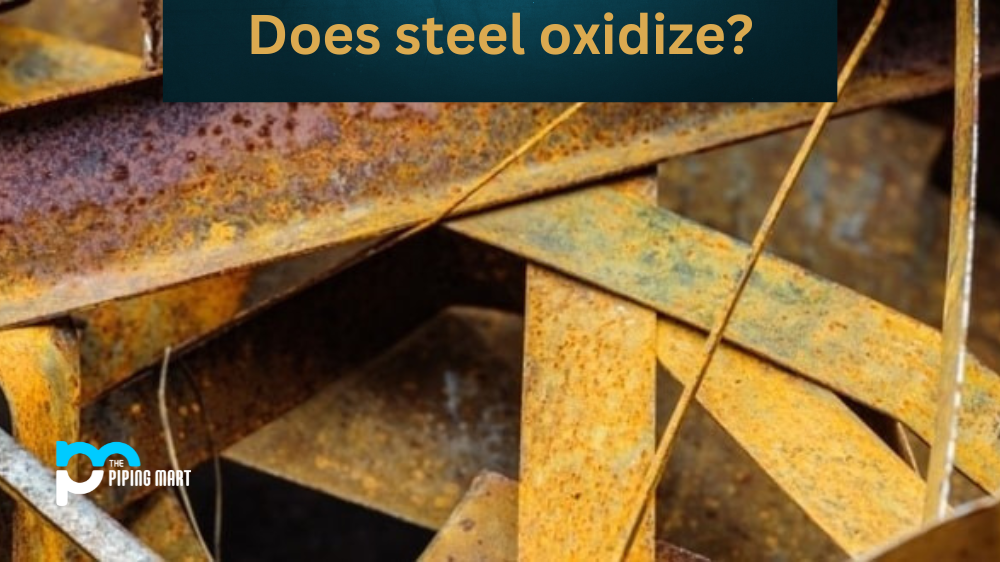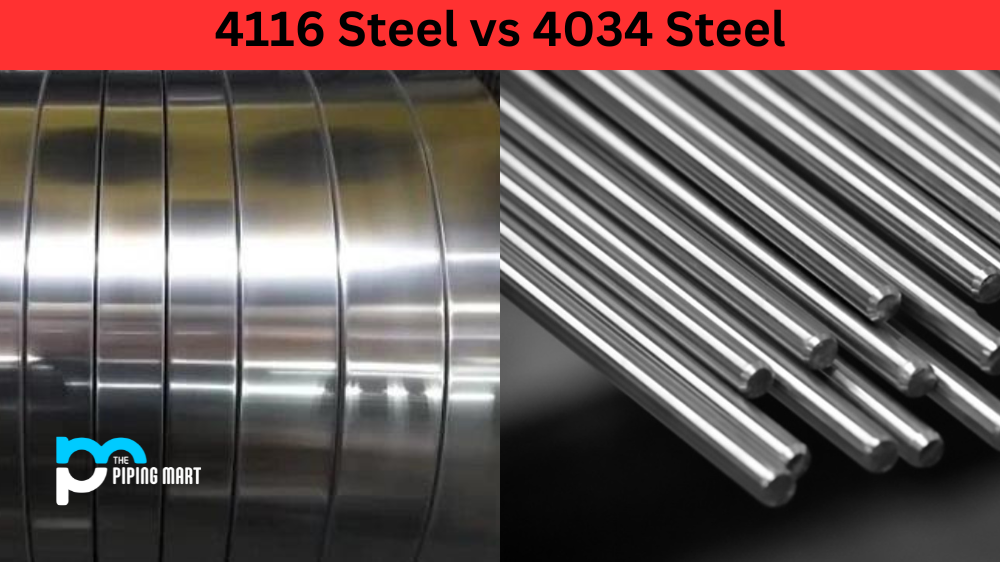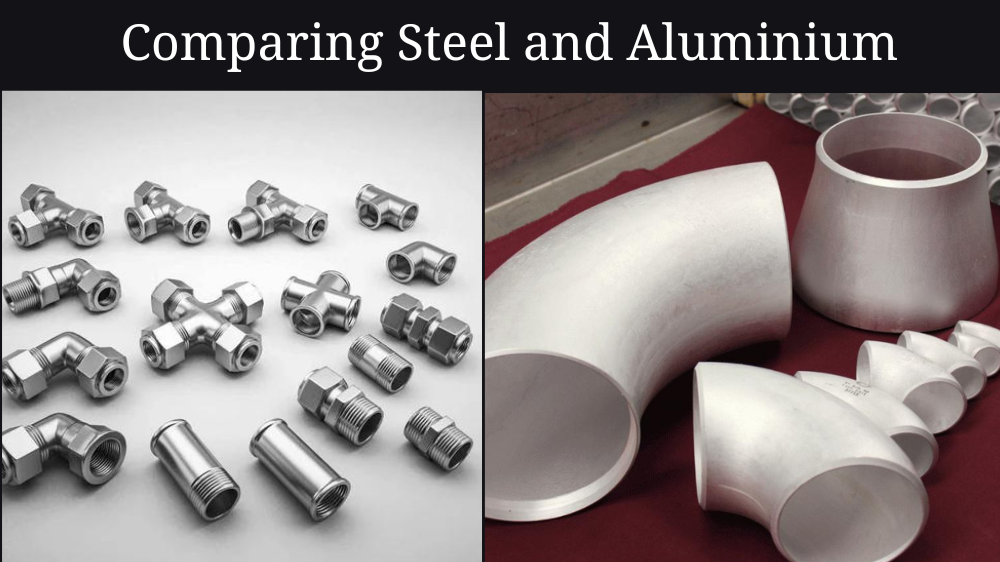Steel is an alloy of iron and other elements, like carbon, that can be found in a variety of shapes and sizes. The steel industry continues to grow as the need for stronger and more durable materials increases. One important question that many people have about steel is whether or not it oxidizes. In this blog post, we will discuss what steel oxidation is and how it affects the durability of steel.
What is Steel?
Steel is composed of iron and carbon, which makes it an ideal material for many different purposes. However, because steel is an alloy made up of several elements, it can be susceptible to oxidation when exposed to oxygen or other environmental factors.
What is Oxidation?
Oxidation is a chemical reaction that occurs when oxygen reacts with certain materials, such as metals, which leads to the formation of oxides. This process causes the metal to corrode or rust, which can weaken its integrity over time. Steel, in particular, can be prone to oxidation if it’s exposed to air or water over long periods of time.
Oxidation occurs when iron atoms react with oxygen molecules in the presence of water or moisture. This reaction creates iron oxide, which is commonly known as rust. Rust is reddish-brown and forms when iron atoms combine with oxygen molecules and release electrons. Rust weakens the steel structure and can lead to costly repairs or replacements if not caught in time.
Does Steel Oxidize?
The answer to this question depends on several factors, including the type of steel being used and its environment. Generally speaking, plain carbon steels are more prone to oxidation than stainless steels due to their higher levels of carbon content. Additionally, if the surrounding environment contains high levels of moisture or acidity (such as near bodies of saltwater), then this can increase the rate at which steel oxidizes.
How Can You Prevent Steel from Oxidization?
The best way to prevent steel from oxidizing too quickly is to keep it away from moisture and acidic environments whenever possible. In addition, applying protective coatings such as paint or varnish can help protect against corrosion caused by oxidation as well. Finally, regular maintenance can help keep your steel in good condition for longer periods of time by preventing oxidation before it starts.
Fortunately, there are ways to prevent oxidation from occurring. Applying a protective coating such as galvanizing or painting can help protect steel from oxidation by creating a barrier between the metal and its environment. Regular maintenance, such as cleaning and inspecting, can help identify areas needing additional protection or repair. Finally, storing your steel in a dry area away from potential sources of moisture can also help reduce the likelihood of oxidation occurring.
Conclusion:
Steel does oxidize but only under certain conditions where there are high levels of moisture or acidity present in the environment or when exposed to air over long periods of time. By taking preventative measures such as keeping your steel away from moisture and acidic environments and regularly maintaining your steel components, you will be able to keep them in good condition for longer periods of time without worrying about oxidation causing them damage too quickly.

Pipingmart is a B2B portal that specializes in metal, industrial and piping items. Additionally, we share the latest information and information about materials, products and various types of grades to assist businesses that are involved in this business.




